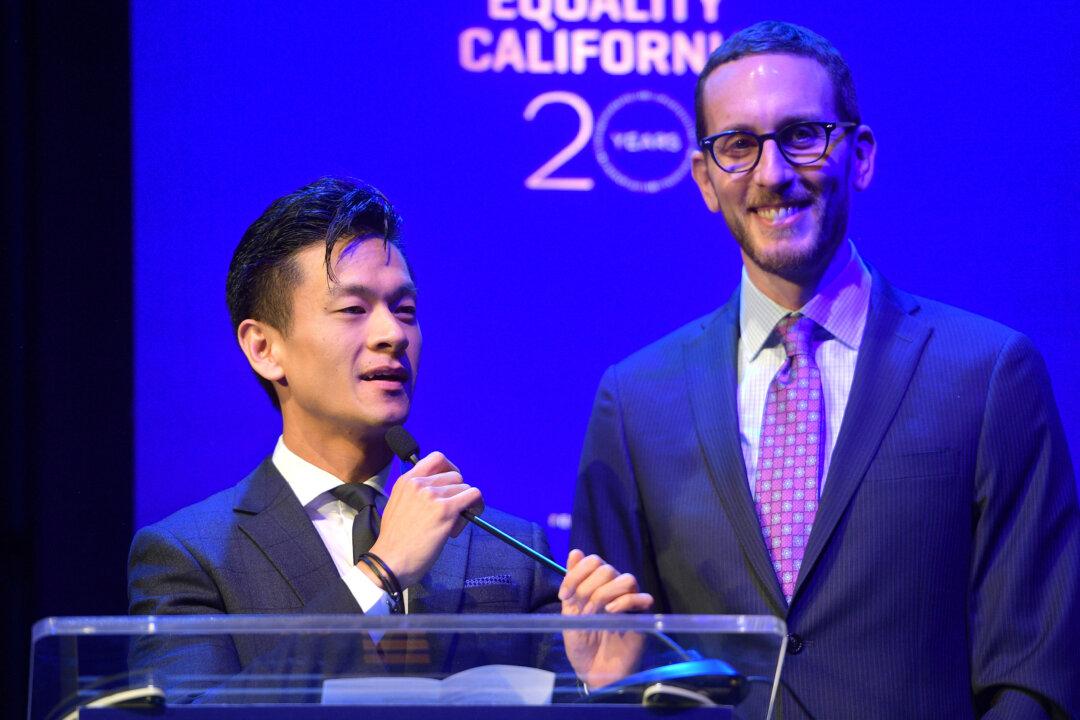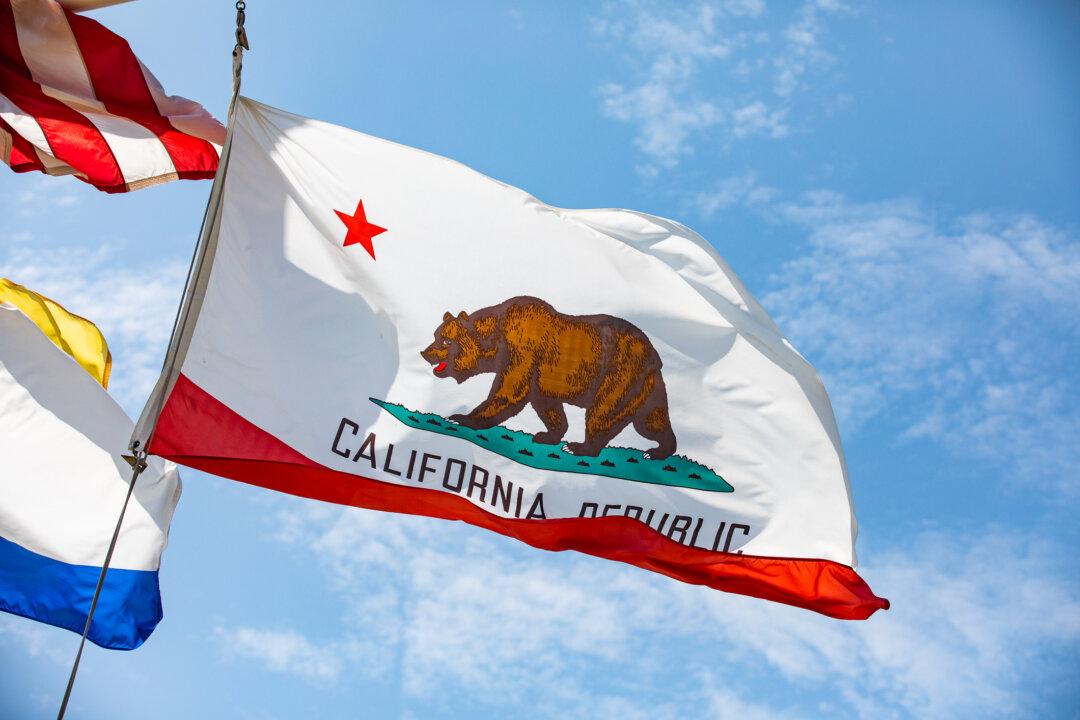An amendment to the California Constitution that would ensure marriage equality is heading to voters in November, and its proponents see it as removing the vestiges of a 2008 proposition that defined marriage as male-female.
ACA 5—introduced by Democratic Assemblyman Evan Low and state Sen. Scott Wiener—seeks to add marriage to the list of fundamental rights that are protected by the state Constitution.





